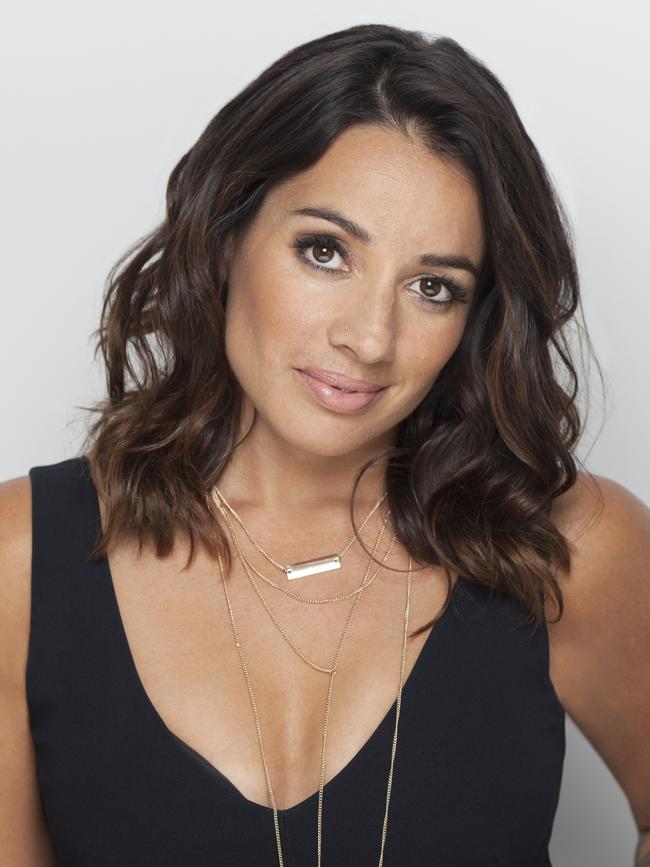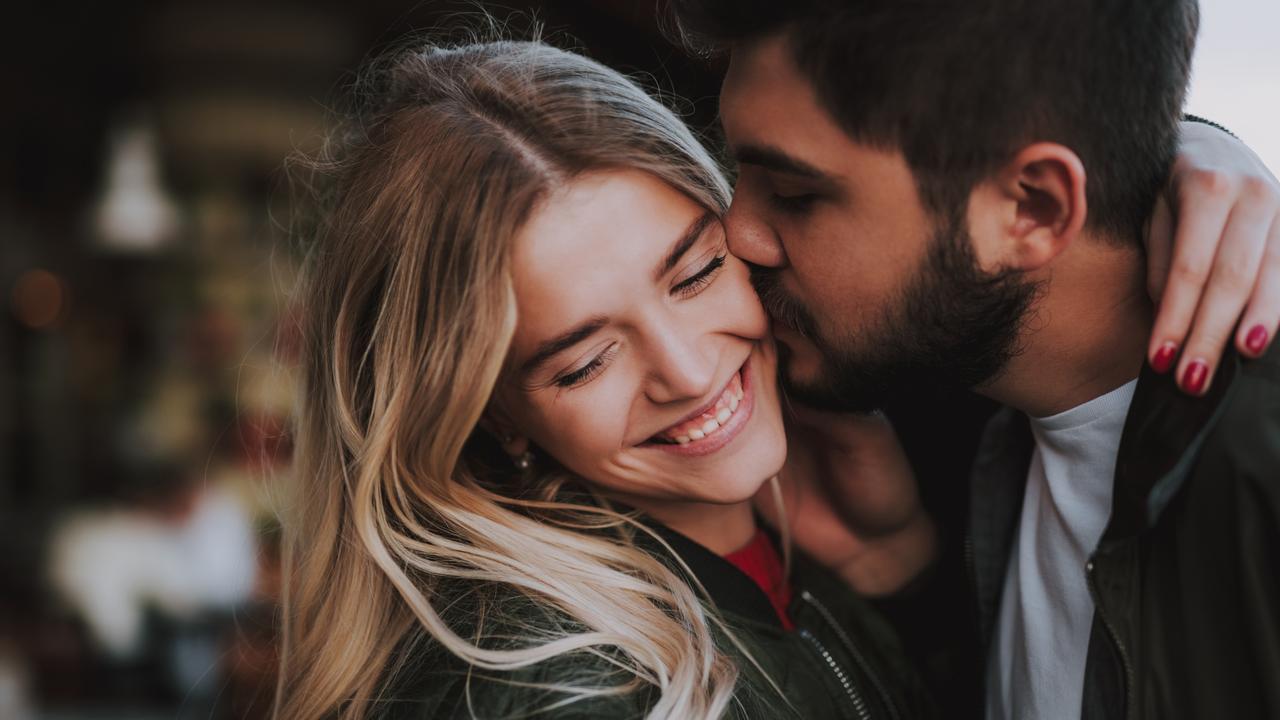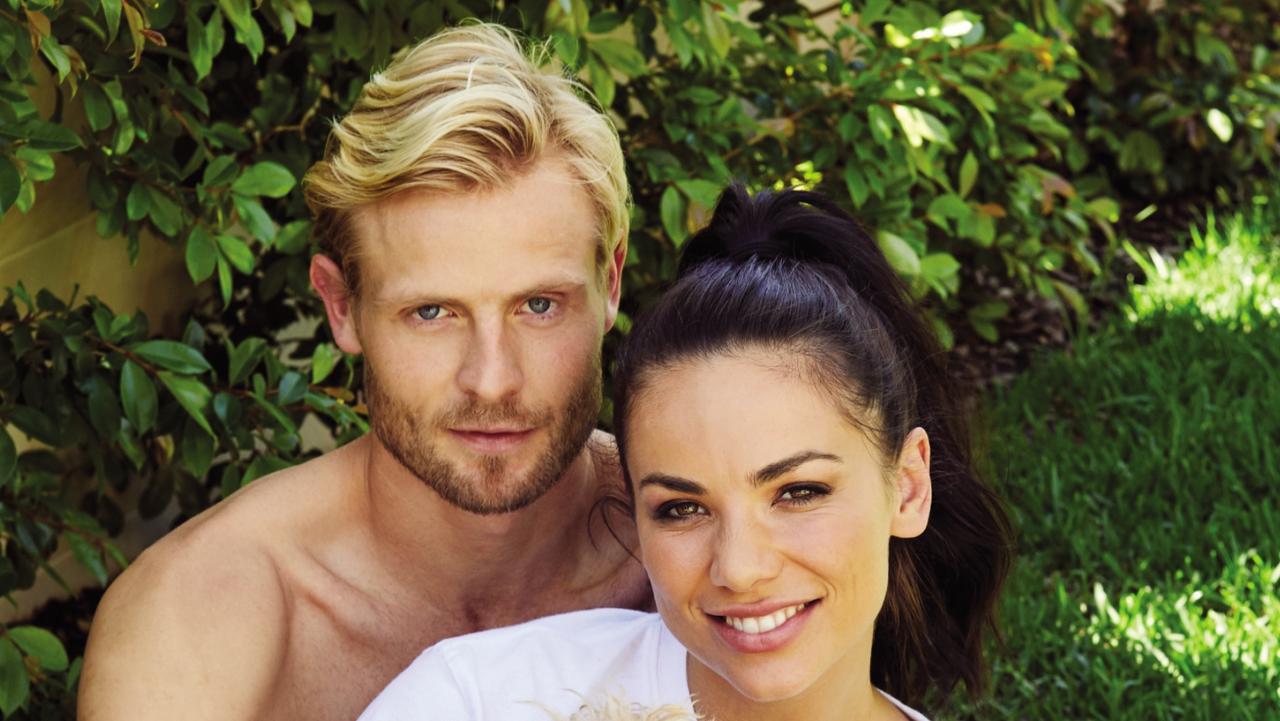Mindful drinking: Can your life be better without alcohol?
Is mindful drinking the future of booze culture? Take a step inside the world of teetotallers and those who are questioning the need to drink alcohol as part of 2019’s new wellness trend.
Body+Soul Daily
Don't miss out on the headlines from Body+Soul Daily. Followed categories will be added to My News.
If you had told Ruby Warrington 10 years ago that she’d become an advocate for sobriety in 2019, she probably would’ve thought you were mad — she’d never lost a relationship or a job because of her drinking; she never drank in the morning — she didn’t even drink every day.
“I was a social drinker. I drank three to four nights per week — a couple of beers or glasses of wine — and a bit of a binge at the weekend. It was the same amount, if not less, than everyone else in my social circle,” she says.

She began to question her relationship with alcohol after a rare weekend off.
“I’d been on a weekend yoga retreat for work and the difference in how I felt compared to my usual Monday blues was so striking, I realised my regular weekend boozing was obviously having a huge impact on my overall mood, confidence levels and outlook,” Warrington says.
“I began to ask myself if my life would be better without alcohol.”
RE-THINKING BOOZE
That fateful weekend in 2010 was the first step towards becoming ‘sober curious’, a journey that inspired her new book (Sober Curious, $32.99, HarperCollins).
“Getting sober curious is about questioning every instinct, impulse and invitation to drink.
It encourages you to consider why you use booze, and the way it really makes you feel, so you can make the decision that’s right for you,” she says.
“There’s no ‘average’ problem drinker. When people ask me if I had a problem with drinking, I usually reply: ‘Define problem’.”
MORE FROM BODY+SOUL:
GET INTO YOUR BEST SHAPE IN EVERY DECADE
CELEBS INSPIRING STRENGTH AMONG ADVERSITY
What makes this new approach so unique is that it’s aimed at everyone who drinks, not just those who hit ‘rock bottom’.
“When we think of getting sober, we often think of AA. The abstinence approach is essential for somebody with a serious alcohol addiction,” says Warrington.

“But it’s now widely recognised that addiction exists on a spectrum, and for somebody whose drinking isn’t causing harm to themselves or to others, this black-and-white approach can be off-putting — even preventing them from investigating a different path for fear of being stigmatised or labelled an ‘alcoholic’.”
While young people are drinking less than ever before, Hello Sunday Morning health coach Briony Leo says it’s women between 30 and 50 who make up a significant proportion of her clients.
“That hidden population has been hard to service because they’re not going to go to the doctor and say: ‘I’m drinking too much’ or being pulled up for drunk driving,” says Leo. “These are people who seem to be doing fine or better than fine. They’re switched on but experiencing
stress that’s out of their control and find wine is the most socially acceptable way to manage that.”
So why are we so thirsty?
“Since the mid-90s, Sex and the City cocktail culture was presented as part and parcel of being a modern, emancipated woman,” Warrington says.
“Being able to ‘hold your drink’ made you a good feminist even. I think this has created a generation of women 35+ who drink way more than we know is good for us.”
HAPPILY SOBER
Radio presenter and author of The Social Rebellion ($19.99, Balboa Press) Maz Compton was one such woman.
After the unexpected death of a friend in late 2014, Compton had a life overhaul and decided to quit drinking for a month.
“It wasn’t this moment where I was like, ‘Oh my god I’m like Amy Schumer in Trainwreck’,” Compton says.
But working in media where booze flowed freely at events every night of the week, drinking had become part of her daily routine.


“You end up drinking champagne and having shots to try and fit in and get approval … that was the trap for me.”
The first few weeks dry, she says she felt like a baby giraffe trying to walk, but says she gradually found her feet.
“I felt really out of place and uncool initially. Then I started to enjoy my mornings because I wasn’t wretchedly hungover.”
Her skin improved, her energy increased and she began to fall in love with a life less sozzled.
Four years on, she still hasn’t had a drink.
“I don’t think you stop bad habits, I think you just create better ones,” she says.
A SHIFT IN PERSPECTIVE
Compton and Warrington’s approach to mindful drinking is definitely gaining traction. ABS data shows we’re consuming less alcohol per capita than we have in 50 years, while a 2016 study revealed almost 50 per cent of drinkers took decisive action to reduce their drinking.
Like everything else in 2019 (diet, gender, sexuality) what sober curious looks like for you is a fluid, personal choice.
“It’s such an individual thing: if somebody is sober curious, it’s about being flexible and curious about their relationship with alcohol,” Leo explains.
“For some people, the thought of going out to a nice dinner and not having a glass of wine doesn’t sit well with them, instead they may stop drinking during the week or allow themselves a glass on a special occasion.”

Whatever you choose to try, support is crucial. If you’re not comfortable talking to friends and family just yet, the Daybreak app is a great companion — and it’s free.
“Daybreak is like Facebook for people trying to improve their relationship with alcohol. There are no photographs, it’s more personal and supportive,” says Leo.
“It also offers health coaching. We approach people who posted on the feed who may need a bit more support, and people can also reach out to coaches.”
Most importantly, remember you’ve got nothing to lose.
Eight years on from that first dry weekend, Warrington now rarely drinks.
“The only thing you miss out on not drinking is … getting drunk,” she says.
“At the weekend I do everything I used to do — read, cook, go for meals, work out, shop, catch up on work, have sex — just without alcohol, or the hangovers!”
ASK YOURSELF THIS …
Maz Compton says there are three main things you should think about before switching to sobriety
1. Why am I drinking alcohol?
Most people can’t answer this honestly and truly believe they enjoy drinking and getting drunk. But it’s crucial to look at the underlying story you tell yourself about why you drink — that you ‘have’ to drink because of your friends, your job or your family.
2. What would happen if I stopped?
Consider how you behave when you drink and how you feel the next morning. What would that scenario look like if alcohol wasn’t involved?
3. What am I so afraid of?
Most people think their social lives will disappear without alcohol; they worry about what people will say when they announce they’re not drinking. Remember that this is an empowered choice, so don’t let anyone’s opinion rob you of your joy.


